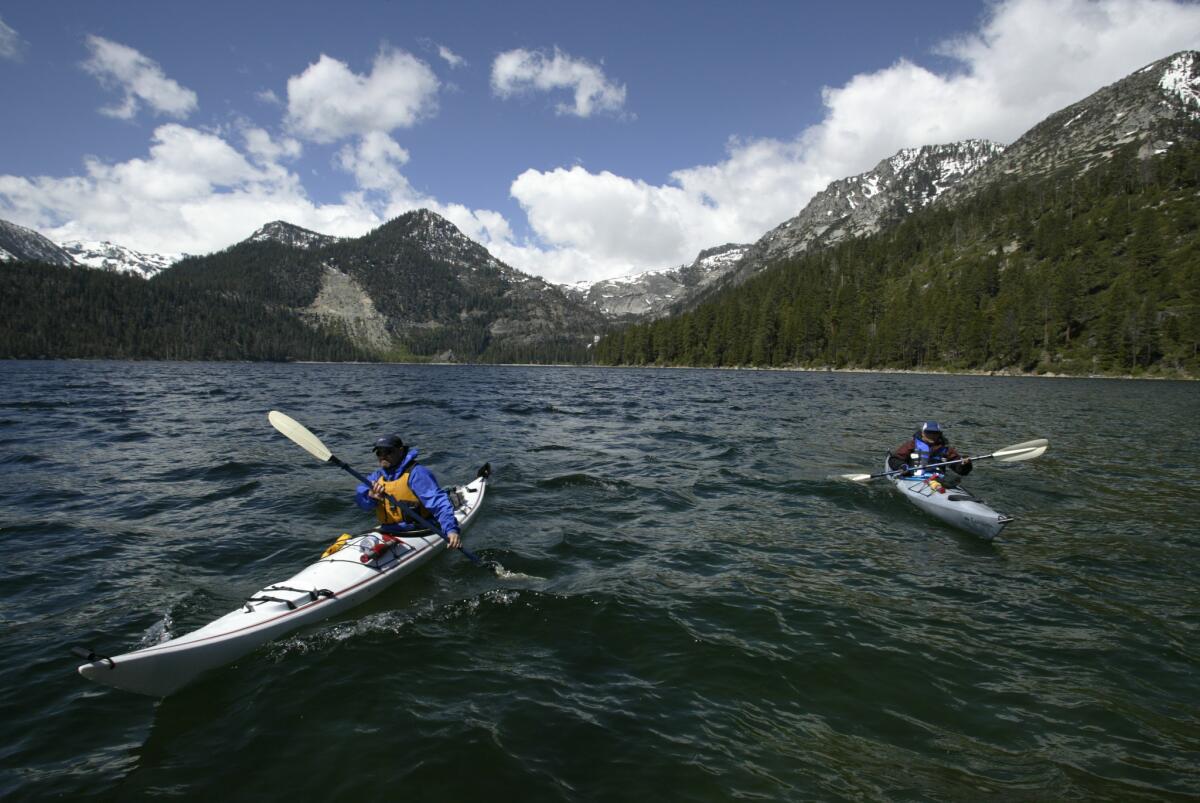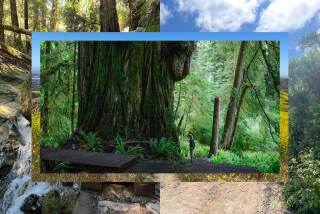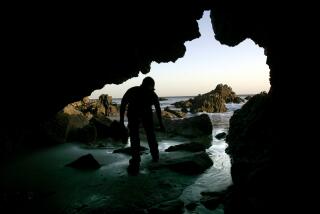California panel calls for full revamp of state parks funding, upkeep

California needs to completely make over the way it pays and cares for its state parks, according to a state commission reviewing a park system it says is in severe crises.
The 12-person commission issued a preliminary report calling for an “internal transformational team” to develop a new organizational and business model within two years.
“This is not time to be shy or reticent,” said Ken Wiseman, executive director of the Parks Forward commission.
The commission also called for the state to cooperate better with private groups and nonprofits that want to donate to the parks. Wiseman said that California laws and regulations make donating difficult. That has to change, he said.
Wiseman said the panel spent a year meeting with the public and analyzing the causes of the dysfunction in the parks system. The draft plan will be finalized and presented to Gov. Jerry Brown and the state Legislature on Nov. 20.
Two years ago, financial problems led the state to announce the closure of 70 state parks and reduce services at others. Most of the park closures were eventually averted.
The agency has been in such disarray that the Legislature wrote a law, the California State Parks Stewardship Act, directing the state Resources Department to craft a sustainable and more efficient way to manage the system of parks and trails that hosts more than 68 million visitors a year.
Chief among the problems is funding, which the report characterized as “volatile.”
For example, lawmakers approved a $129.5-million budget for state parks for the fiscal year 2001-2002. The next year, however, the allocation dropped to $89 million, the report said.
California’s portfolio of 280 parks is large and expensive to maintain. The parks department oversees nearly 3,200 historic buildings, 6 million museum objects, more than 11,000 archaeological sites, 4,500 miles of trails, and 15,000 campsites.
In 2012, state parks raised more than $3 million from private donors, while 26 state parks were operated or were financially supported by local governments or private groups.
“We are not interested in commercializing or privatizing parks,” Wiseman said.”We are talking about responsible money and responsible stewardship.”
More to Read
Sign up for Essential California
The most important California stories and recommendations in your inbox every morning.
You may occasionally receive promotional content from the Los Angeles Times.











